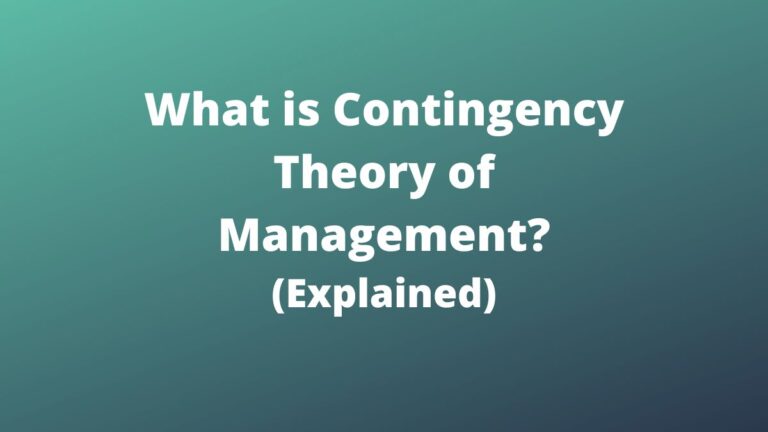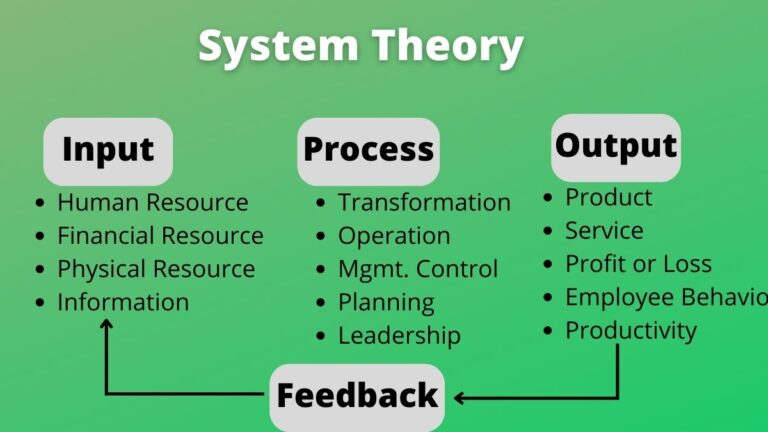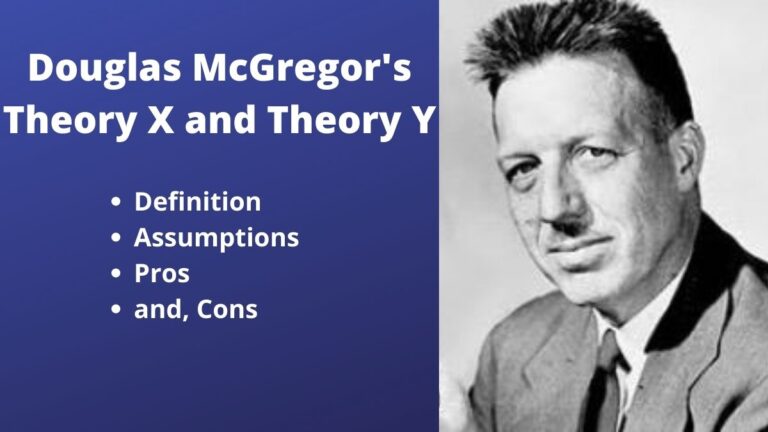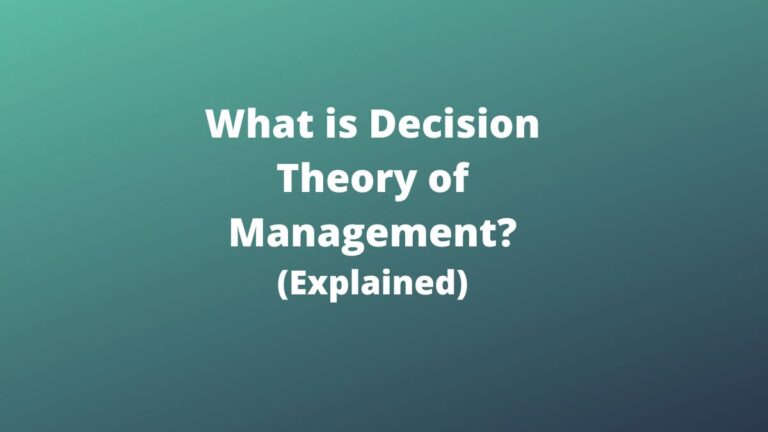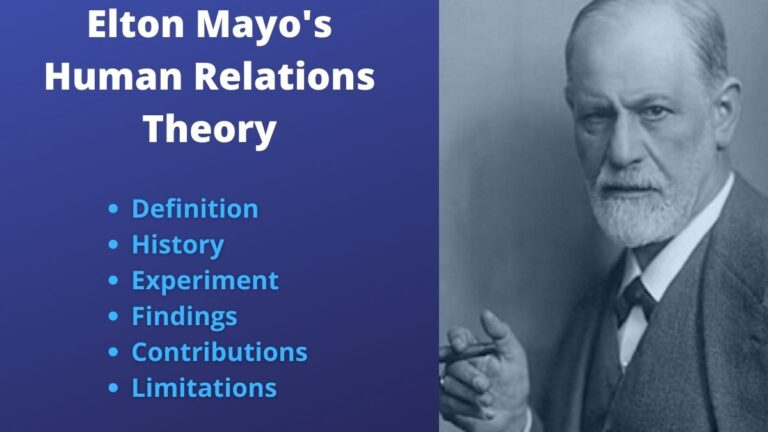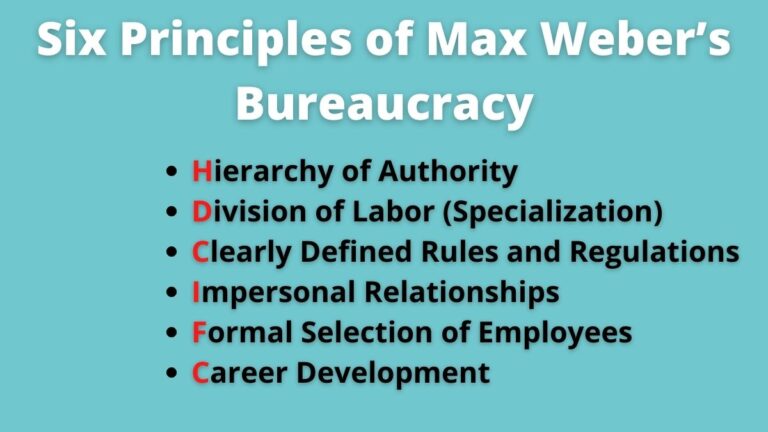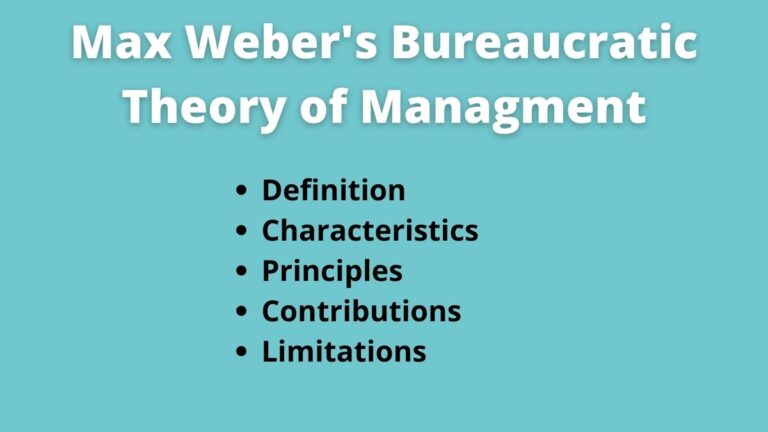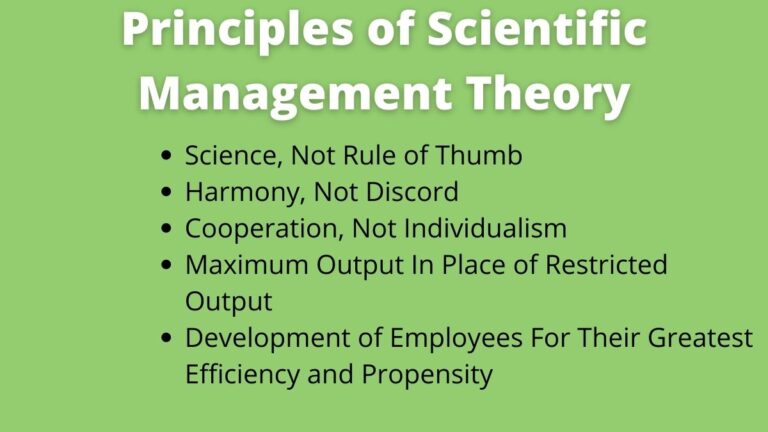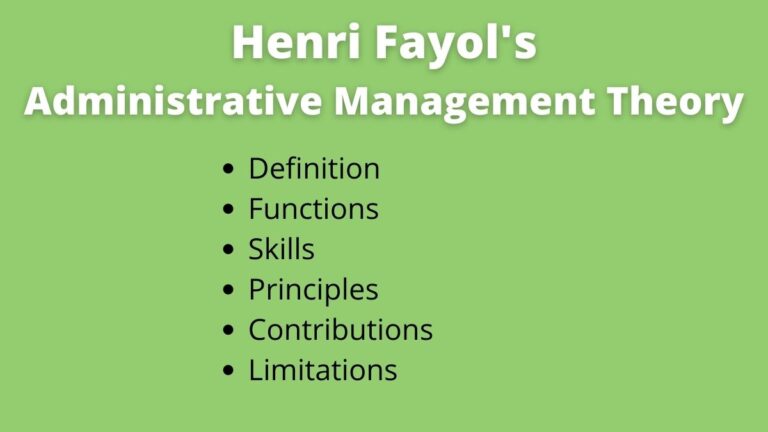What is Contingency Theory of Management? Definition, Contingency Variables, & Pros/Cons
Do you think one management principle or practice is always applicable to every organizational situation i.e. problem? This contingency theory of management has given us an answer to this question. Let’s see. What is Contingency or Situational Theory of Management? The contingency theory of management holds the belief that the best management practice is situational….
